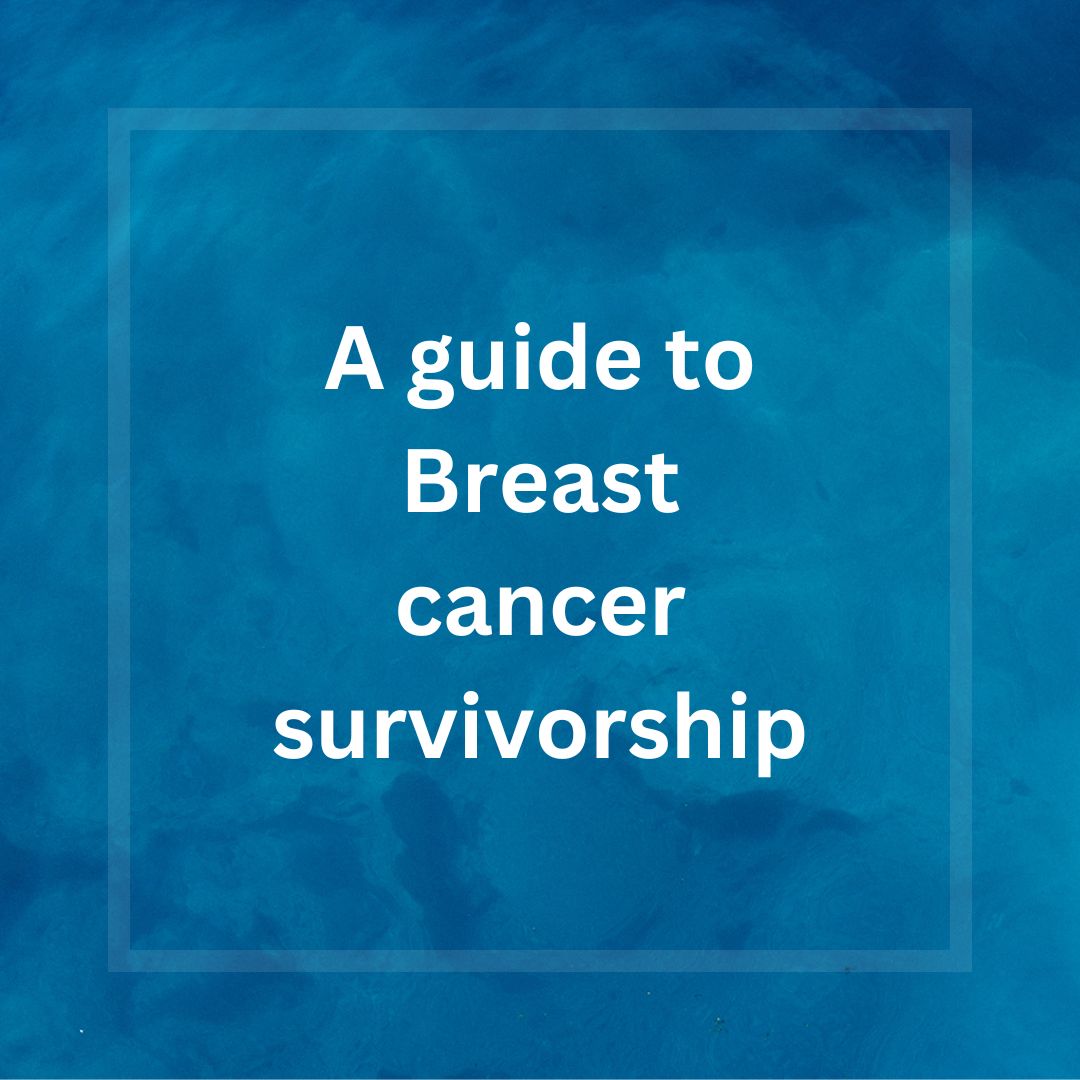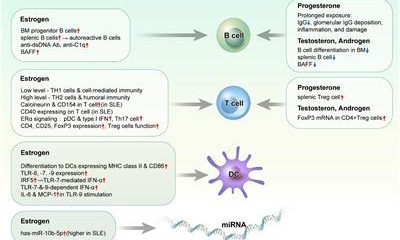Health
A complete guide to Breast cancer survivorship in 2023

There are many songs about surviving, with Gloria Gaynor’s “I Will Survive” being my personal favorite. But what does surviving breast cancer mean? What does survivorship look like? Just because my cancer is gone for now (no evidence of disease) how do I know it won’t come back? What are the long term side effects I will face from the treatments to get rid of my cancer? Often in survivorship there are more questions than answers, but we are going to attempt to answer some of the more common questions you might have about breast cancer survivorship.
Section 1:What is survivorship?
Breast cancer survivorship refers to the journey and experiences of individuals who have successfully completed treatment for breast cancer. It encompasses the physical, emotional, and social aspects of life after diagnosis and treatment. Breast cancer survivors continue to face challenges related to their health, well-being, and quality of life, including managing potential long-term side effects, maintaining regular check-ups, and adjusting to changes in their body and lifestyle. Survivorship also involves finding support networks, adopting healthy habits, and addressing any psychological and emotional impacts that may arise during the post-treatment phase.
Also see : Manta Planner: Structure medical planner for cancer patients
Section 2:Discuss the mixed emotions experienced by survivors
Breast cancer survivors often experience a complex mix of emotions as they navigate their post-treatment journey. Relief and gratitude for surviving the disease can be intertwined with anxiety about the possibility of recurrence. Happiness and optimism about life after cancer might be accompanied by concerns about lingering physical side effects, body image changes, and the fear of not being understood by those who haven’t experienced the same challenges. Joy for reaching milestones can coexist with grief for lost time or opportunities during treatment. Additionally, survivors might grapple with feelings of isolation, depression, or guilt for not being as resilient as they wish to be. Coping with these mixed emotions can be a significant aspect of a breast cancer survivor’s ongoing well-being and adjustment.
Section 3:Discuss the challenges that survivors may face post-treatment
Breast cancer survivors encounter various challenges in the post-treatment phase of their journey. Managing physical changes and lingering side effects from treatments such as surgery, chemotherapy, and radiation can be demanding. These might include fatigue, pain, lymphedema, and menopausal symptoms. Emotional struggles like anxiety, depression, and post-traumatic stress can arise from the trauma of the diagnosis and treatment process. Adjusting to body image changes, such as scarring or hair loss, and dealing with altered self-esteem and intimacy concerns can also be challenging. Navigating a “new normal” in terms of relationships, work, and daily activities while coping with uncertainties about recurrence and future health can contribute to ongoing stress. Additionally, survivors may experience difficulties in finding appropriate support and information, leading to a sense of isolation. Overall, the post-treatment phase requires survivors to address a range of physical, emotional, and practical challenges as they strive to regain their health and well-being.
Also see : Prioritize your mental health with cancer coaching
Section 4:Effective Coping Strategies
Breast cancer survivors can employ various effective coping strategies to navigate the challenges they face. Seeking support from friends, family, or support groups can provide a valuable outlet for sharing experiences and emotions. Engaging in regular physical activity not only contributes to physical well-being but also helps manage stress and boosts mood. Mindfulness techniques, such as meditation and deep breathing exercises, can aid in reducing anxiety and enhancing emotional resilience. Expressive therapies like journaling, art, or music can provide a creative outlet for processing feelings and experiences. Staying informed about their condition, treatment options, and potential side effects empowers survivors to make informed decisions about their health. Lastly, seeking professional help through counseling, life coaching or therapy can offer a safe space to address emotional challenges and develop effective coping strategies tailored to individual needs.
Read more : Do Real Estate Agents Help Banks Sell The REO in 2023?
Section 5:Role of Caregivers:
Caregivers play a crucial role in the journey of breast cancer survivors, offering essential support and companionship throughout diagnosis, treatment, and beyond. They provide practical assistance, helping with daily tasks, appointments, and medication management, easing the burden on the survivor. Emotional support from caregivers can be a source of comfort during challenging times, offering a listening ear, encouragement, and reassurance. Caregivers often serve as advocates, helping survivors navigate the healthcare system, communicate with medical professionals, and make informed decisions about treatment. Their presence helps alleviate feelings of isolation and loneliness, promoting a sense of connection and understanding. Caregivers also contribute to fostering a positive environment that enhances the survivor’s mental and emotional well-being. In essence, the role of caregivers is multifaceted, encompassing physical, emotional, and practical support that significantly contributes to the overall well-being and recovery of breast cancer survivors. Caregivers are often the unsung heroes of the cancer experience.














